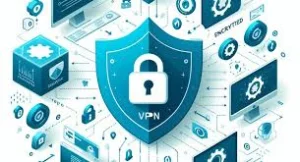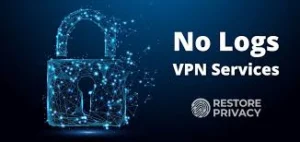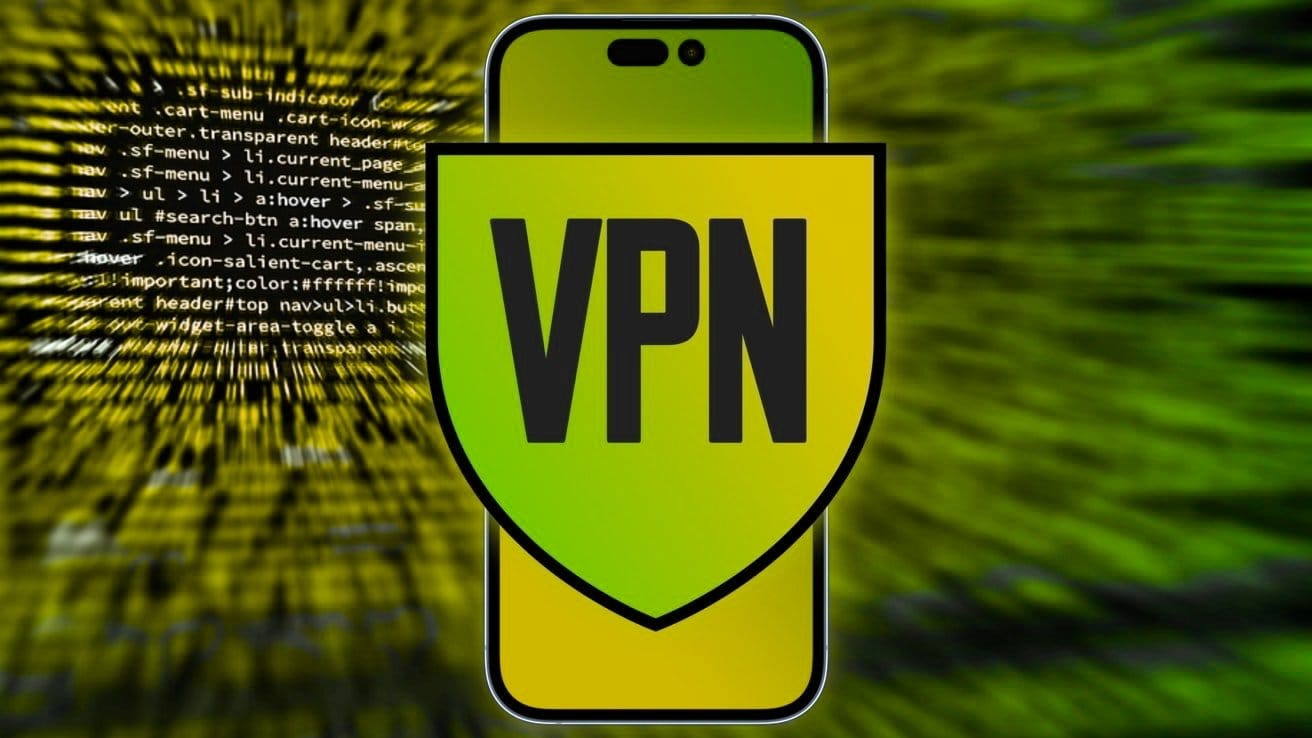Table of Contents
ToggleWhy Free VPNs Aren’t Always Safe
Why Free VPNs Aren’t Always Safe . In today’s digital world, we’re all looking for ways to stay secure and private online. One of the most popular tools for privacy is a Virtual Private Network (VPN), which encrypts your web traffic and keeps your data safe from prying eyes. VPNs are especially valuable when using public Wi-Fi networks, accessing content with regional restrictions, or just wanting extra peace of mind that your browsing activity is private.

However, when it comes to choosing a VPN, there’s a major question people face: should you use a free VPN or pay for a premium service? A free VPN sounds attractive — after all, who doesn’t love free? But unfortunately, many free VPNs don’t offer the security and privacy they advertise. In fact, they could put your data at greater risk.
Let’s dive into why premium VPNs are generally safer, more reliable, and worth the investment when it comes to protecting your privacy online.

1. Stronger Encryption for True Privacy
Encryption is the cornerstone of any VPN. It transforms your data into a code that’s unreadable to anyone but you and your intended destination. Premium VPNs invest heavily in the latest, high-quality encryption protocols like AES-256, which is the same level of encryption trusted by governments and financial institutions. This ensures that your data stays protected from hackers, data brokers, and any unwanted tracking.
Why Free VPNs Aren’t Always Safe
On the other hand, free VPNs often lack strong encryption. Many rely on outdated protocols, such as PPTP (Point-to-Point Tunneling Protocol), which has known vulnerabilities. Weak encryption is easier for hackers and cybercriminals to bypass, putting your personal information at risk. When it comes to free VPNs, the lack of reliable encryption could mean that your sensitive data isn’t actually safe.
Why Free VPNs Aren’t Always Safe
2. No Data Logging: Ensuring True Privacy

One of the main reasons people use a VPN is to browse privately, away from the eyes of data collectors. Many premium VPN providers promise strict no-log policies, meaning they don’t keep a record of your browsing activity. This is important because if a VPN company doesn’t log your data, they have nothing to share — not with advertisers, not with data brokers, and not with government agencies.
Free VPNs, however, often make money by collecting and selling user data. Since they don’t charge for their service, they must generate revenue in other ways, which frequently involves logging your browsing history, location, and even other personal details. This data can then be sold to advertisers or third parties, making you, essentially, the product. While you may get to use a VPN without paying, the cost may end up being your own privacy.
Why Free VPNs Aren’t Always Safe
3. Avoiding Ads and Malicious Content
Ads are another hidden cost of using free VPNs. Since free VPN providers need to make a profit somehow, many will insert advertisements into your browsing experience. Some free VPNs will even inject ads directly into the web pages you visit or interrupt your session with pop-ups, which can be intrusive and frustrating.
Even worse, some of these ads could lead to malicious websites or contain malware. With premium VPNs, there’s no need to worry about ad injections or your browsing experience being interrupted by unwanted advertisements. Premium services focus on giving you a smooth, ad-free experience that keeps your privacy intact and your device safe.
4. Faster Speeds for Seamless Browsing
One major benefit of premium VPNs is the faster and more reliable internet speeds they offer. Paid VPNs have larger networks of servers, often spread across multiple countries. This means you’re less likely to experience bottlenecks or slow connections when using a paid VPN, as they can balance loads across their infrastructure more efficiently.
Free VPNs, on the other hand, generally have fewer servers. Since they are also serving a larger number of users without charging, these limited servers are often overcrowded. This can lead to slow, laggy connections, making it difficult to stream, download, or even browse at a comfortable speed. For an uninterrupted, smooth online experience, a premium VPN with fast servers is a much better choice.
5. Avoiding Malware Risks with Trusted Providers
Believe it or not, some free VPN apps have been found to contain malware. Because free VPN providers don’t have to meet the same security standards as paid ones, their software is more susceptible to malicious activity. Malware within a VPN app can do serious harm, including stealing your sensitive information, tracking your online activity, or even damaging your device.
Premium VPN services, on the other hand, are more vigilant about security. Many are regularly audited for privacy and security practices, and they have a reputation to uphold. Well-known VPN providers invest heavily in their infrastructure to ensure their services are secure and malware-free, which provides users with more peace of mind.
6. Reliable Customer Support for Peace of Mind
If you run into issues with a VPN, you’ll want someone to help. Premium VPN services often provide 24/7 customer support, offering chat, email, and sometimes even phone support. Free VPNs rarely offer dedicated support, leaving you to troubleshoot issues alone. When it comes to your online privacy and security, it’s helpful to know there’s a team ready to assist if any concerns or questions arise.
Are There Safe Free VPN Options?
While many free VPNs come with risks, there are a few trustworthy options. Some reputable paid VPN services offer limited free tiers, often called “freemium” plans. For example, ProtonVPN offers a free plan with a no-logs policy and strong encryption, although it limits server locations and speeds. While these free options are more secure, they usually have limitations that make them best for occasional or light use.
Conclusion: The Real Value of Premium VPNs
Ultimately, the decision between a free and premium VPN comes down to what you value most. Free VPNs may seem appealing at first glance, but the lack of strong encryption, potential data logging, slower speeds, and increased risk of malware make them risky for anyone serious about privacy. Premium VPNs, by contrast, are designed to provide a high standard of security, fast connections, and a private browsing experience that protects your data from unwanted eyes.
Why Free VPNs Aren’t Always Safe
Investing in a premium VPN isn’t just about paying for a service; it’s about safeguarding your digital life. In a world where online privacy is becoming harder to maintain, a trusted, high-quality VPN can offer you the protection you deserve. So, if you’re considering a VPN to enhance your online security, opting for a reputable, premium service is a decision that pays off in peace of mind.
Why Free VPNs Aren’t Always Safe
Why Free VPNs Aren’t Always Safe
